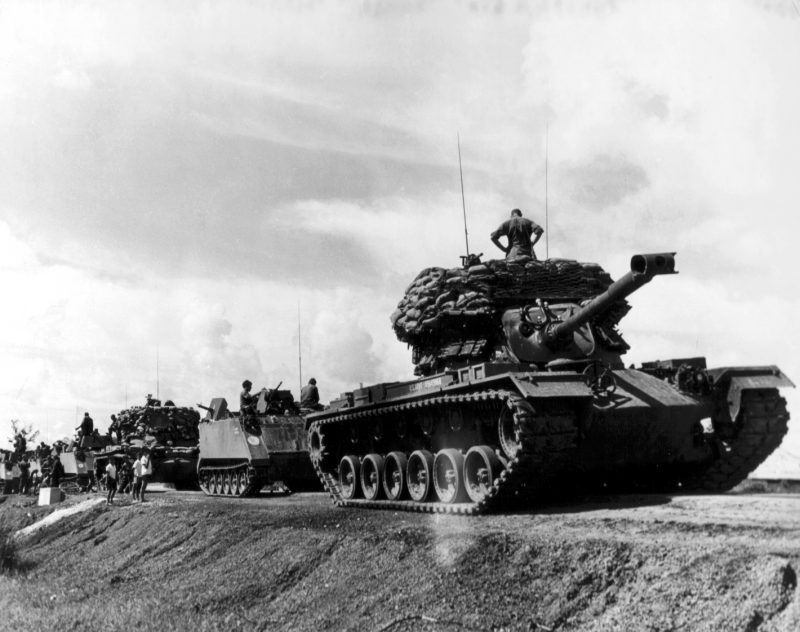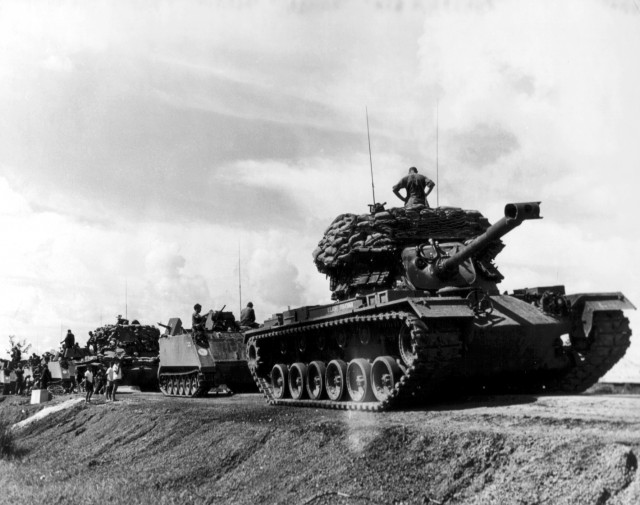50 years since the end of the Vietnam War, the United States looks at how and whether it should commemorate America’s failed attempt to thwart Communist forces in South East Asia.
In 2008, the National Defense Authorization Act was ratified to ensure that a programme of commemoration would take place on the 50th anniversary of the end of the war. Meanwhile three years ago, President Obama signed off the official commemoration from Memorial Day in 2012 through to Veterans Day in 2025, given that the Vietnam War lasted twenty years, from 1955 to 1975.
During World War Two, Vietnam was governed by the Vichy French administration, backed by the Japanese. In opposition, a left-wing nationalist party, the Viet Minh, led by Ho Chi Minh, was aided by the United States in order to fight off the Nazi-controlled government.
Once World War Two had ended, the Allies and Soviet Union came together at Potsdam to decide and agree on the fate of the countries involved in the war. For Vietnam, they all agreed that the country should return to French rule, which had been in place since the late 1800s.
However, Ho Chi Minh had different ideas and as soon as the Japanese had surrendered, he declared Vietnam independent and himself the first president of the Democratic Republic of Vietnam. The Viet Minh tried to convince the Allies that it could govern itself and return to independence, but the Allies did not agree.
The French created a separatist government of South Vietnam and fighting began at the end of 1946, with the French bombardment of Haiphong harbour and occupation of Hanoi in North Vietnam.
By 1950, the Communist giants of China and the Soviet Union recognised the Democratic Republic of Vietnam, while the US began to provide military support to the French, the Dissident Voice reports.
The fighting continued until 1954, when the Geneva Peace Agreement was signed; but the US refused to sign, over the opportunity for the country to hold a free election, which it knew would be won by Ho Chi Minh.
The US helped to establish a government and state for South Vietnam and created the Southeast Asia Treaty Organization to prevent the spread of Communism.
Even though the US President at the time, Lyndon B. Johnson, admitted that it was unlikely they could win a war in Vietnam, the US sent a massive troop presence to Vietnam in 1965.
If the US had supported free and fair elections for Vietnam, rather than French rule, from the outset, it could have gained an ally in Ho Chi Minh, regardless of his left-wing politics. Instead, it pushed him to gain support from China and the Soviet Union and sacrificed the lives of millions, including almost 60,000 American troops.

